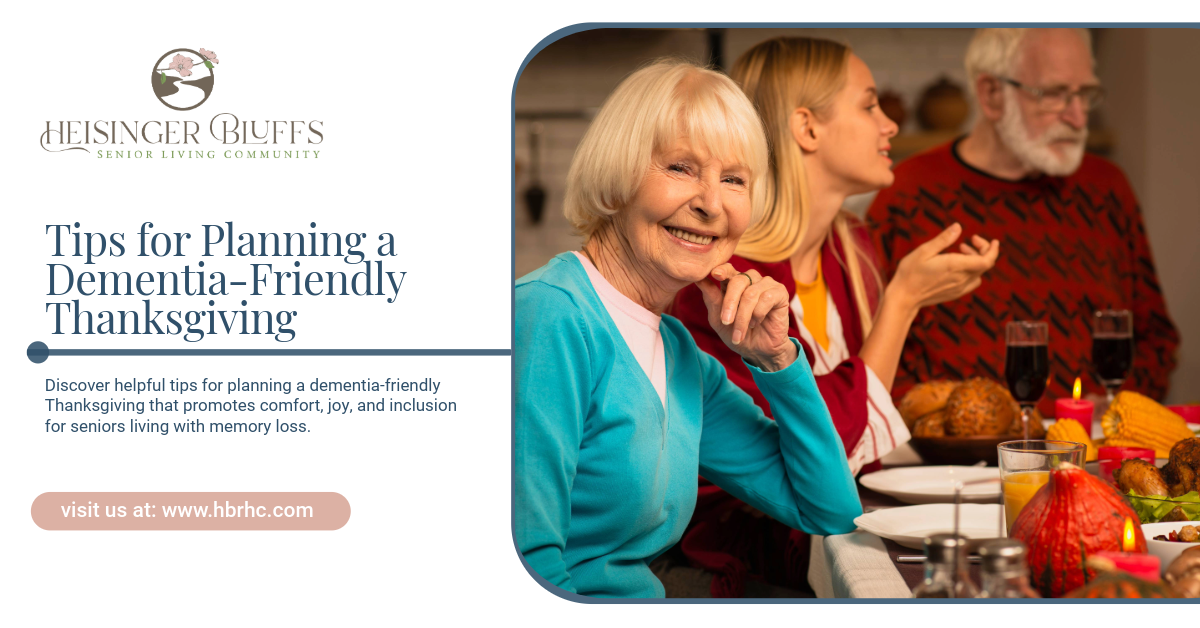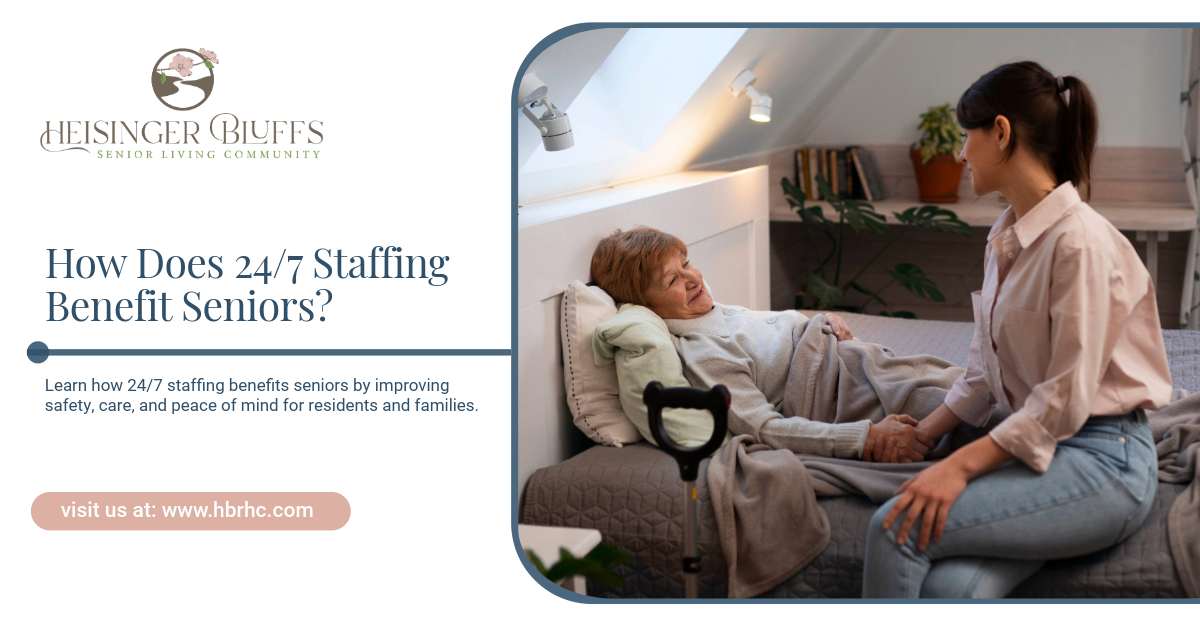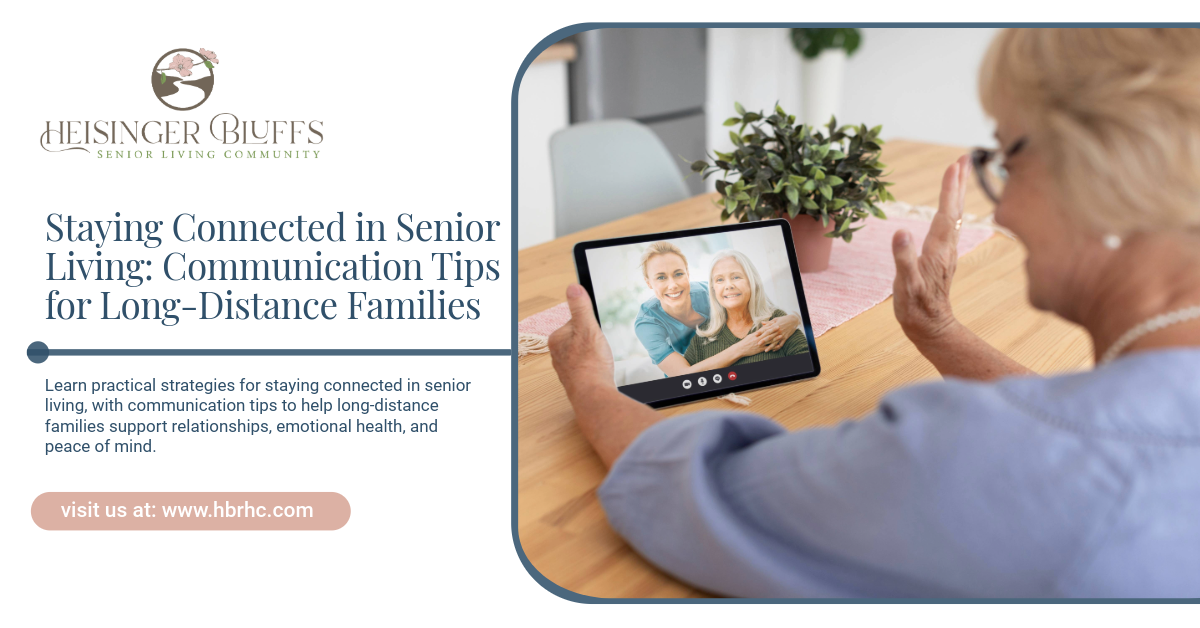Tips for Planning a Dementia-Friendly Thanksgiving

Key Highlights
- A dementia-friendly Thanksgiving focuses on comfort, calmness, and inclusion.
- Simplifying decorations and reducing noise can help prevent confusion and overstimulation.
- Familiar routines and meaningful traditions bring comfort to seniors with dementia.
- Sensory-friendly foods and familiar scents can spark positive memories.
- Planning ensures everyone enjoys a peaceful, loving celebration.
The holidays are a time for family, gratitude, and connection. But for families of seniors living with dementia, Thanksgiving celebrations can bring unique challenges. From noisy gatherings to unfamiliar faces, overstimulation can quickly turn a joyful event into a stressful experience.
The good news? With thoughtful planning, you can create a dementia-friendly Thanksgiving that allows your loved one to feel included, comfortable, and happy. Here are helpful tips to make your celebration memorable for everyone.
Planning a Dementia-Friendly Thanksgiving
1. Start with Familiar Routines
People living with dementia thrive on consistency and structure. Maintaining familiar routines helps reduce anxiety and confusion, especially during busy holidays.
- Serve meals at the same time as usual, even if your family’s feast happens later in the day.
- Keep nap or rest times consistent.
- Avoid rushing — create a calm, predictable atmosphere.
Even small consistencies, such as familiarly setting the table or using your loved one’s favorite chair, can make a big difference in their comfort level.
2. Plan a Smaller, Calmer Gathering
While a big Thanksgiving dinner might sound exciting, large crowds and loud conversations can easily overwhelm someone with dementia.
Consider:
- Hosting a smaller gathering with just close family members.
- Limiting background noise — turn off the TV or play soft, familiar music instead.
- Designating a quiet space where your loved one can retreat if things get too noisy.
The goal is to create an environment that feels safe and peaceful, not overstimulating.
3. Simplify Decorations and Scents
Bright lights, flickering candles, and strong scents can be confusing or distressing for someone with dementia. Opt for simple, seasonal decorations that evoke warmth without being overwhelming.
Keep in mind:
| Avoid | Choose Instead |
|---|---|
| Flashing lights | Soft, warm lighting |
| Cluttered decorations | Minimal, familiar décor |
| Strong-scented candles | Natural scents like cinnamon or vanilla |
| Complex centerpieces | Simple floral arrangements |
Simplicity helps create a calm, inviting space where your loved one feels at ease.
4. Incorporate Familiar Foods and Flavors
Thanksgiving is all about food — and familiar tastes and smells can trigger positive memories for people with dementia.
- Include a few traditional dishes your loved one has always enjoyed.
- Keep portion sizes small to prevent choking or confusion.
- Avoid overly complex foods or items that are hard to chew or swallow.
Even if they no longer remember specific recipes, the aroma of pumpkin pie or roasted turkey may spark comforting emotions from past holidays.
5. Keep Conversations Simple and Positive
Holiday chatter can become overwhelming, especially when many people are talking at once. To help your loved one stay engaged:
- Speak slowly and clearly, using short sentences.
- Avoid correcting or challenging memory lapses.
- Encourage positive reminiscing rather than asking memory-testing questions.
- Use visual cues — show photos or items that may trigger pleasant memories.
A gentle, patient tone helps your loved one feel valued and included in conversations.
6. Involve Them in Simple Holiday Tasks
Seniors with dementia often enjoy feeling helpful and included. Simple, safe activities can provide a sense of purpose and connection.
Try:
- Folding napkins or setting utensils.
- Stirring batter or arranging rolls in a basket.
- Decorating cookies with supervision.
- Helping to choose music or place cards.
Focus on tasks that are low-stress and success-oriented. The act of participating can mean more than the outcome itself.
7. Prepare Guests Ahead of Time
Not everyone understands how dementia affects behavior, communication, or memory. Prepare your guests, especially children or distant relatives, so everyone approaches the day with empathy and patience.
Share simple reminders like:
- “Please avoid correcting or arguing.”
- “If Grandpa repeats a story, just smile and listen.”
- “Give him a few moments to respond.”
Educating others can prevent awkward moments and promote a compassionate, supportive environment.
8. Create a Quiet Space for Breaks
Even with careful planning, your loved one might still feel overwhelmed at times. Designate a quiet room where they can rest or relax away from the crowd.
Add comfortable seating, soft lighting, and calming music. Having a peaceful retreat helps them recharge and reduces the risk of agitation or confusion.
9. Use Music and Memories to Connect
Music has a powerful effect on individuals with dementia — it can soothe anxiety, lift mood, and bring back joyful memories.
Play soft, familiar songs from their youth or previous Thanksgiving gatherings. You can even encourage gentle singing or humming along. Pairing music with photos or videos from past celebrations can also help spark positive connections.
10. Focus on Meaningful Traditions, Not Perfection
It’s easy to get caught up in hosting a “perfect” Thanksgiving. But for your loved one, perfection lies in comfort, not presentation.
Instead of aiming for elaborate dinners or perfectly timed schedules, focus on meaningful traditions — a favorite prayer, a gratitude circle, or simply holding hands before the meal.
These moments nurture emotional connection and help your loved one feel secure and loved.
11. Manage Expectations and Stay Flexible
Dementia can bring unpredictability. Your loved one might feel tired, agitated, or disoriented at unexpected times. That’s okay.
Stay flexible:
- If they’re not up for dinner, offer a quiet plate later.
- If they want to leave early or rest, let them.
- If they become anxious, redirect gently rather than insisting on participation.
The day’s success isn’t measured by a picture-perfect meal but by the comfort and joy your loved one experiences.
12. Practice Self-Care as a Caregiver
As you plan a dementia-friendly Thanksgiving, don’t forget about yourself. Caregiving is emotionally and physically demanding, and holidays can amplify that stress.
- Delegate tasks like cooking or cleaning.
- Take breaks to breathe, stretch, or step outside.
- Allow yourself to enjoy the celebration, too.
A calm, supported caregiver can create a more peaceful environment for everyone.
13. Consider Respite or Professional Support
If caregiving feels overwhelming during the holidays, short-term respite care can be a wonderful option. It allows your loved one to receive attentive, compassionate care in a safe environment while you rest, travel, or prepare for the holiday.
Respite services can help ensure your loved one continues to receive personalized care during the busy holiday season, allowing both of you to enjoy Thanksgiving with peace of mind.
Bringing It All Together
A dementia-friendly Thanksgiving isn’t about doing less — it’s about doing what matters most: creating an environment filled with love, familiarity, and comfort.
With thoughtful planning and understanding, your holiday can be warm, meaningful, and inclusive for everyone — especially your loved one with dementia.
At Heisinger Bluffs, we understand the unique needs of seniors living with dementia and their families. Our memory care and assisted living programs are designed to promote comfort, dignity, and connection through every season. Whether you need daily support or short-term respite care, we’re here to help you and your loved one celebrate life’s special moments with peace and joy. Contact us today!
Frequently Asked Questions
What should I avoid when hosting a person with dementia for Thanksgiving?
Avoid loud noises, crowded gatherings, strong scents, and complex decorations that can trigger confusion or agitation. Keep the environment calm and familiar.
How can I help my loved one with dementia feel included?
Invite them to participate in simple tasks like folding napkins, stirring food, or sharing stories. Use familiar traditions to foster connection and comfort.
What are some good conversation starters for someone with dementia?
Ask about past Thanksgivings, favorite dishes, or music they enjoyed. Avoid asking memory-testing questions like “Do you remember?” — focus on gentle reminiscing.
Is it okay if my loved one becomes overwhelmed during the celebration?
Yes. Offer a quiet space for them to rest or regroup. Let them take breaks as needed without pressure to stay engaged.
How can respite care help during the holidays?
Respite care provides professional support for your loved one, giving caregivers time to rest or prepare for family gatherings while ensuring their loved one receives attentive, compassionate care.
Sources:
- https://www.dementia.org.au/living-dementia/mood-and-behaviour-changes/agitation-and-aggression
- https://www.lbda.org/understanding-behavioral-changes-in-dementia/
- https://www.oxfordhealth.nhs.uk/wp-content/uploads/sites/24/2023/06/1.9.1-Communication-cue-cards.pdf
- https://pmc.ncbi.nlm.nih.gov/articles/PMC6195406/
- https://www.alzheimers.org.uk/get-support/help-dementia-care/understanding-supporting-person-dementia-psychological-emotional-impact











